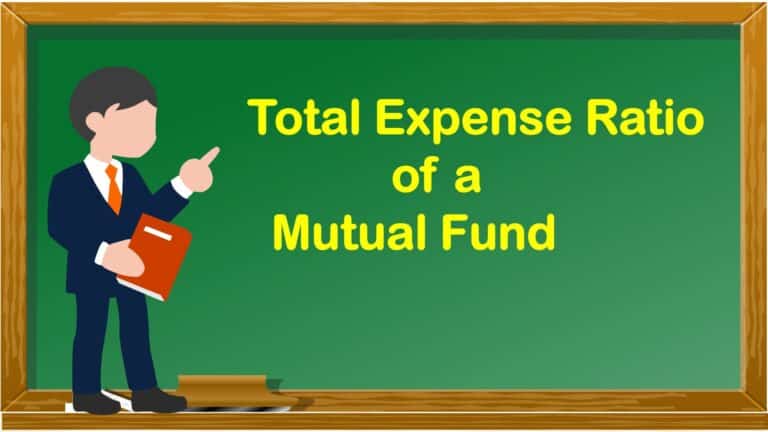About Total Expense Ratio (TER):
- TER is a measure of the total costs associated with managing and operating an investment fund, such as a mutual fund.
- These costs consist primarily of management fees and additional expenses, such as trading fees, legal fees, auditor fees, and other operational expenses.
- The total cost of the fund is divided by the fund’s total assets to arrive at a percentage amount, which represents the TER.
- TER is also known as the net expense ratio or after reimbursement expense ratio.
- Why is TER important?
- It is used by investors to compare the costs of the scheme with its peers and also in relation to the returns available from that scheme.
- It is a key element in making an investment choice, as those funds which consistently show a high TER may not provide high returns, since high expenses tend to erode the returns generated.
- For example, if a fund generates a return of 7% for the year but has a TER of 4%, then the 7% gain is greatly diminished to roughly 3%.
- How is TER Calculated?
- Total expense ratio = (Total Fund Costs / Total Fund Assets)*100.
- Expenses Associated with Operating a Fund: TER is the measure of all the expenses associated with running a scheme. These can include:
- Management fees, probably the single largest item in the TER of a fund. These fees cover items such as fund manager salaries and research fees.
- Brokerages and taxes in transacting the securities of the scheme.
- Fees paid to trustees, registrar and transfer agents, custodians, personnel of the trustee and Asset Management Company, etc.
- Legal and accountancy fees;
- Sales and marketing expenses.
- Any other operational expenses like rent, electricity, communication, etc. in proportion to the assets of the scheme.
Q1) What is a Mutual Fund?
A mutual fund is a financial vehicle that pools assets from shareholders to invest in securities like stocks, bonds, money market instruments, and other assets. Mutual funds are operated by professional money managers, who allocate the fund’s assets and attempt to produce capital gains or income for the fund’s investors. A mutual fund’s portfolio is structured and maintained to match the investment objectives stated in its prospectus.
Source: SEBI to bring fresh consultation on total expense ratio for MFs
Last updated on March, 2026
→ UPSC Notification 2026 is now out on the official website at upsconline.nic.in.
→ UPSC IFoS Notification 2026 is now out on the official website at upsconline.nic.in.
→ UPSC Calendar 2026 has been released.
→ UPSC Final Result 2025 is expected to be released soon.
→ Check out the latest UPSC Syllabus 2026 here.
→ Join Vajiram & Ravi’s Interview Guidance Programme for expert help to crack your final UPSC stage.
→ UPSC Mains Result 2025 is now out.
→ UPSC Prelims 2026 will be conducted on 24th May, 2026 & UPSC Mains 2026 will be conducted on 21st August 2026.
→ The UPSC Selection Process is of 3 stages-Prelims, Mains and Interview.
→ Prepare effectively with Vajiram & Ravi’s UPSC Prelims Test Series 2026 featuring full-length mock tests, detailed solutions, and performance analysis.
→ Enroll in Vajiram & Ravi’s UPSC Mains Test Series 2026 for structured answer writing practice, expert evaluation, and exam-oriented feedback.
→ Join Vajiram & Ravi’s Best UPSC Mentorship Program for personalized guidance, strategy planning, and one-to-one support from experienced mentors.
→ Check UPSC Marksheet 2024 Here.
→ UPSC Toppers List 2024 is released now. Shakti Dubey is UPSC AIR 1 2024 Topper.
→ Also check Best UPSC Coaching in India


















